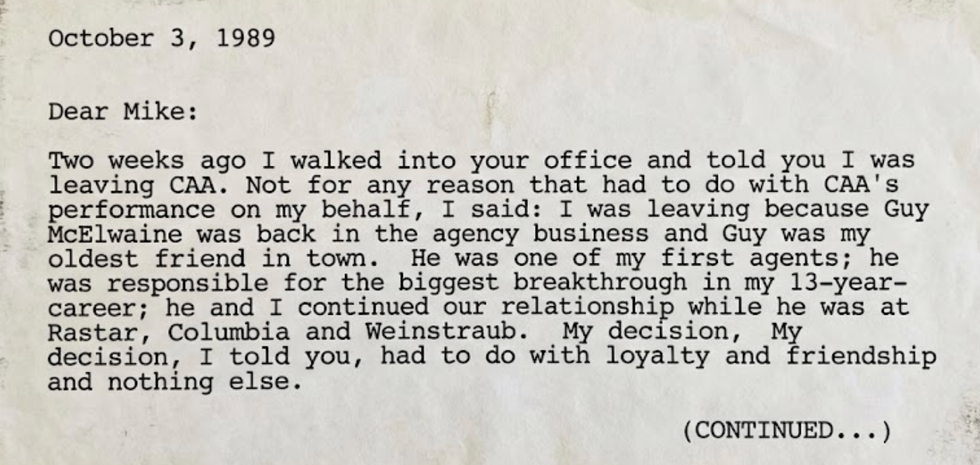This past Sunday, Mebrahtom Keflezighi competed in the New York City Marathon for the final time at the ripe young age of 42. Though he finished 11th, with a final time of 2:15:29, it was a fitting end to a storied career, one in which he snagged a silver medal in the 2004 Athens Summer Olympics, a first-place finish in the 2009 New York City Marathon — the first American to do so since Alberto Salazar in 1982 — and another first place finish at the 2014 Boston Marathon, one year after the bombing.
Born in Eritrea, Keflezighi’s family fled the country during its war for independence from Ethiopia, a bloody and brutal conflict that lasted 30 years and was not resolved until 1993. (His father, Russom, backed the separatists.) They relocated to San Diego, and he eventually received a scholarship to attend UCLA, earning his citizenship after he graduated in 1998. Per Sports Illustrated, all his victories and the slew of records he’s set while remaining free of any allegations of doping — including an improbable first-place finish during the 2012 U.S. Olympic trials at the age of 36 — led many younger runners to grow up idolizing him.
As Bob Larsen, who brought him to UCLA and continues as his current coach, told the Los Angeles Times, “For Americans, he opened the door” to the sport. Even so, for years, his status as an immigrant meant some kept him at arm’s length.
Via Sports Illustrated:
“Still, some Americans won’t credit a domestic distance-running rebirth to a man born in Africa. They whisper and blog. ‘Meb has my respect as a great runner, a great person and a great American,’ says U.S. runner Dathan Ritzenhein, 23. ‘But I’m sure it’s hard for some people to differentiate between Meb and the East African runners who seem to dominate the sport.’
Says Keflezighi, ‘All because my name is difficult to pronounce.’”
After his 2004 silver medal-winning performance, he was snubbed by Frank Shorter, the legendary marathoner and the last American to finish in the top three in 1976. When asked by Sports Illustrated why he never called to offer his congratulations, Shorter said, “Meb’s performances speak for themselves,” refusing to explain his decision other than brusquely stating, “I’m not going to talk about it.”
But those early, reflexive spasms of xenophobia have begun to fade, particularly following his unexpected 2014 triumph in Boston, a marathon in which Keflezighi had competed with the names of the three bombing victims scrawled on his bib.
“On the day after the race, Meb recalls seeing a story on the internet. ‘The headline was, HE’S ONE OF US,’ says Meb. At least that is the way he remembers it. He’s quite certain of the sentiment. For a long time, some people thought Meb wasn’t American enough, when in fact he was everything that American aspires to be. Or once aspired to be.”
The odds are low that Keflezighi has one more jarring upset left in him, let alone a finish anywhere near the top of the leaderboard. For now, completing was enough, regardless of the time on the clock. On Saturday, he celebrated with his family, and when he crossed the finish line for the last time, he collapsed in their embrace.
As he told Sports Illustrated, “My story is the American dream.”

















 A hotel clerk greets a guestCanva
A hotel clerk greets a guestCanva Gif of Faye Dunaway' as Joan Crawford demanding respect via
Gif of Faye Dunaway' as Joan Crawford demanding respect via  An empty rooftopCanva
An empty rooftopCanva
 A road near equatorial Atlantic OceanCanva
A road near equatorial Atlantic OceanCanva Waves crash against rocksCanva
Waves crash against rocksCanva

 Two people study a mapCanva
Two people study a mapCanva Foggy Chinese villageCanva
Foggy Chinese villageCanva

 An excerpt of the faxCanva
An excerpt of the faxCanva